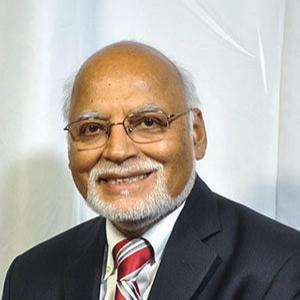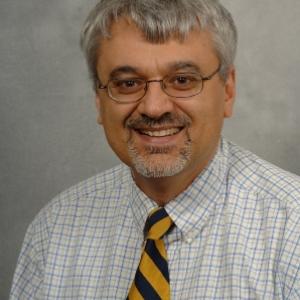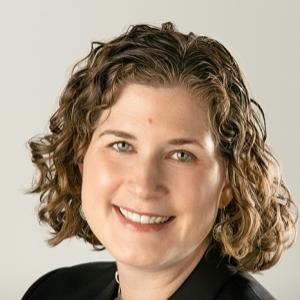Glen Chou

Glen Chou
Assistant Professor
Glen Chou joined Georgia Tech as an assistant professor with a joint appointment in the School of Cybersecurity & Privacy and the School of Aerospace Engineering in November 2024. He directs the Trustworthy Robotics Lab, which designs principled algorithms that can enable general-purpose robots and autonomous systems to operate capably, safely, and securely, while remaining resilient to real-world failures and uncertainty. To achieve this, his research leverages control theory and machine learning, while connecting to optimization, computer vision, formal methods, planning, human-robot interaction, and statistics. Glen is interested in broad applications of autonomy, including robotic manipulation, vision-based navigation, aerospace, and large-scale cyber-physical systems more generally.
Glen is from Northern California. He holds dual B.S. degrees in EECS and ME from UC Berkeley, as well as an M.S. and Ph.D. in ECE from the University of Michigan. Prior to joining Georgia Tech, Glen was a postdoc at MIT CSAIL.
Office Location:
CODA E0962B
- Control theory
- Formal methods
- Human Robot Interaction
- Machine learning
- Optimization
- Perception-based control
IRI Connections:









